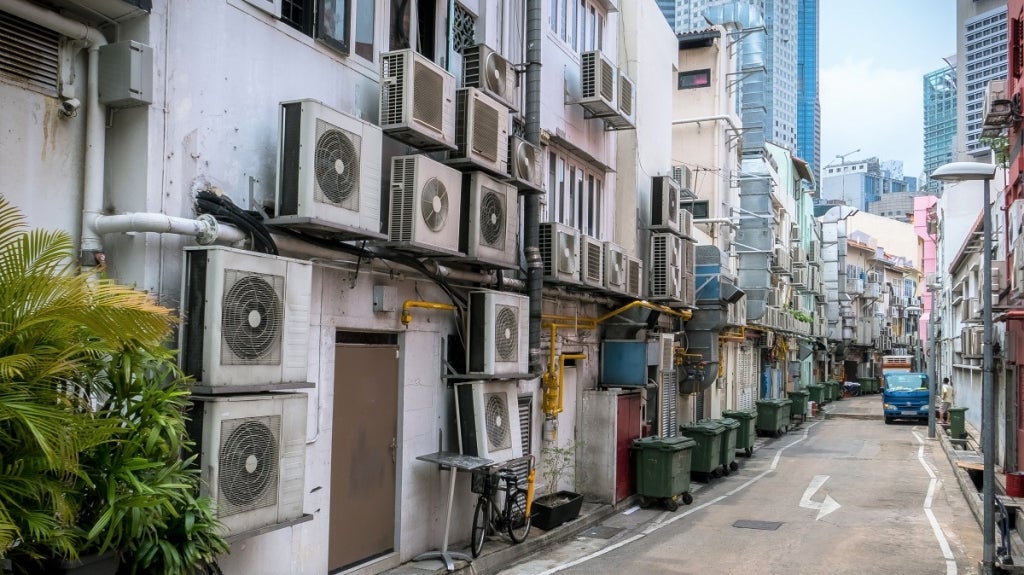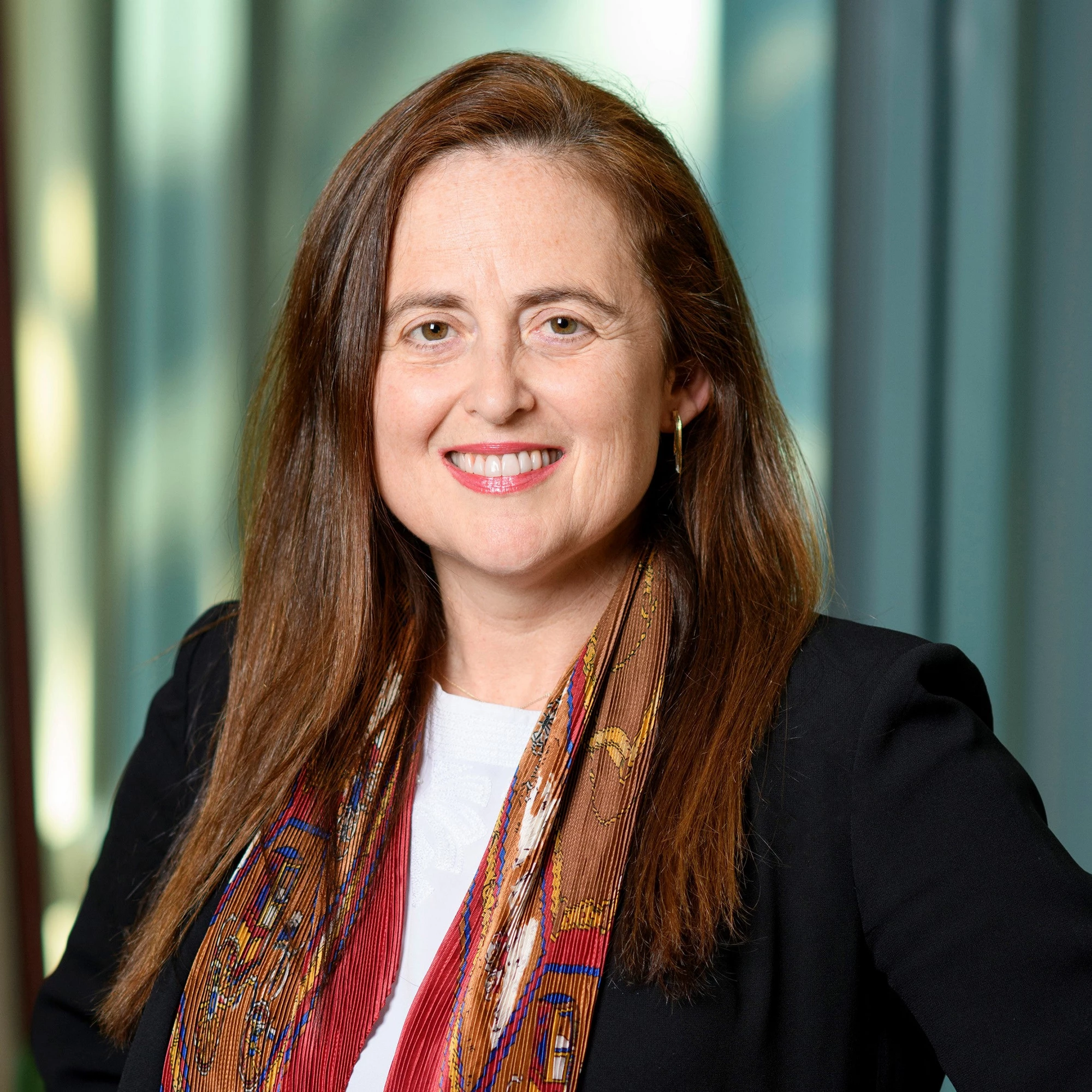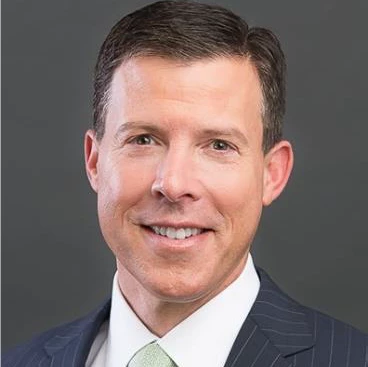
Often, when we think of keeping cool, visions of ice cream cones and whirring fans spring to mind. In actuality, cooling technologies such as air conditioners and refrigeration are essential for economic development, food security and human health, but ensuring the sustainability of these technologies must be a priority.
More than 1 billion people globally face immediate risks because they don’t have access to cooling technologies. At the same time, these vital technologies now account for 10% of all greenhouse gas emissions, with 13 new cooling devices deployed worldwide every second. Not only does cooling often consume significant amounts of energy, but some refrigerants are themselves potent greenhouse gases. The more we cool down, the more we contribute to rising world temperatures – which increases our need to keep cool. It’s a vicious cycle.
Complicated problems like these demand innovative and bold solutions. This is why International Finance Corporation (IFC) is launching a new program offering market access and funding to innovative companies across the globe that can provide sustainable cooling technologies in Latin America where highly urbanized, hot cities rely heavily on energy-intensive cooling technologies.
We need major advances that do more than improve the energy efficiency of current vapor compression technologies or that utilize renewable electricity. We need to rethink methods and financing to come up with new technologies, as well as better ways to improve existing practices.
Private and public financing is critical to support research and development, as well as innovative business models that lead to affordable universal access. The potential economic gains are substantial – it is estimated efficient cooling equipment can produce net savings of almost US$ 3 trillion through 2050.
Solutions will help support vulnerable economies. Cooling is necessary to produce the energy needed to keep small businesses and industries operating, while temperature-controlled transport delivers perishable goods to shops and shipping ports. During the COVID-19 pandemic, cooling has helped deter the spread of air borne viruses and provide conditions necessary for vaccine delivery. Yet, despite its vital importance, currently a lack of cooling spoils one in four vaccines and contributes to the waste of almost a third of all food produced globally.
Air conditioning and ventilation protect children, the elderly and the sick during heatwaves. However, cities may find it much more difficult during the global crisis to finance heat reduction and sustainable cooling investments that benefit the general public.
To help mitigate these roadblocks, IFC´s award-winning match-making program, TechEmerge, has created the Sustainable Cooling Program, which will support, validate, and scale-up innovative solutions in emerging markets where they are needed most.
Phase One, which was launched this July, focuses on providing relief to the densely populated cities of Mexico and Colombia. Innovators of new cooling technologies, products, and services will be matched with local companies, energy service providers, and municipalities to build commercial partnerships and create pilot projects. Liomont, ICONN, Serviparamo, Soriana and Aldia Logistica are just a few of the major Latin American companies that have signed up to partner with TechEmerge cooling innovators.
With IFC guidance, grant support, and potential direct investment, the best and brightest will pilot their technologies and grow their businesses.
Entrepreneurs have the potential to remake the cooling sector – just as they have advanced the sustainable energy and transportation sectors. Keeping cool is not just ice cream on a sweltering day, but the possibility of a growing sustainable industry that protects vulnerable populations as well as our planet.



Join the Conversation